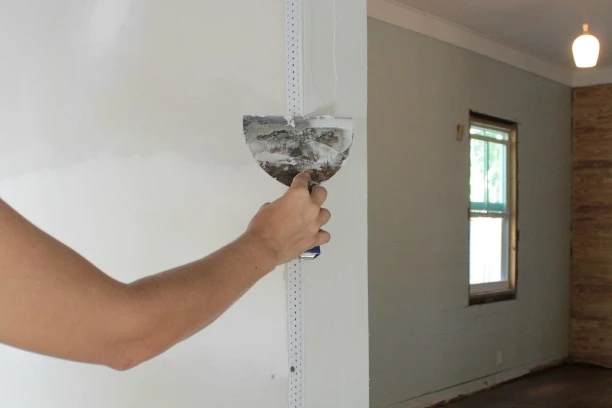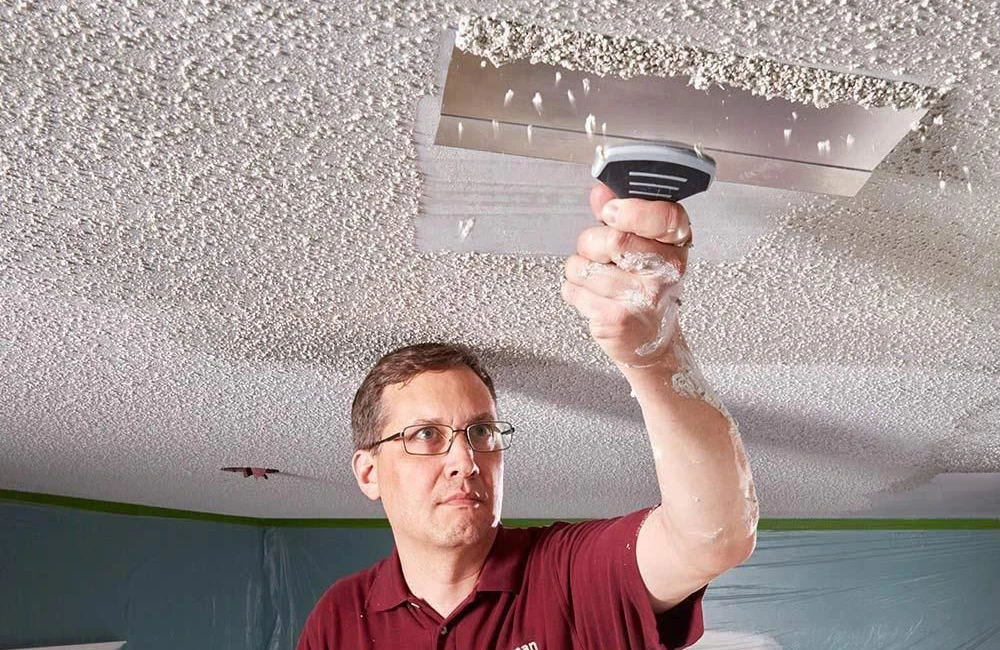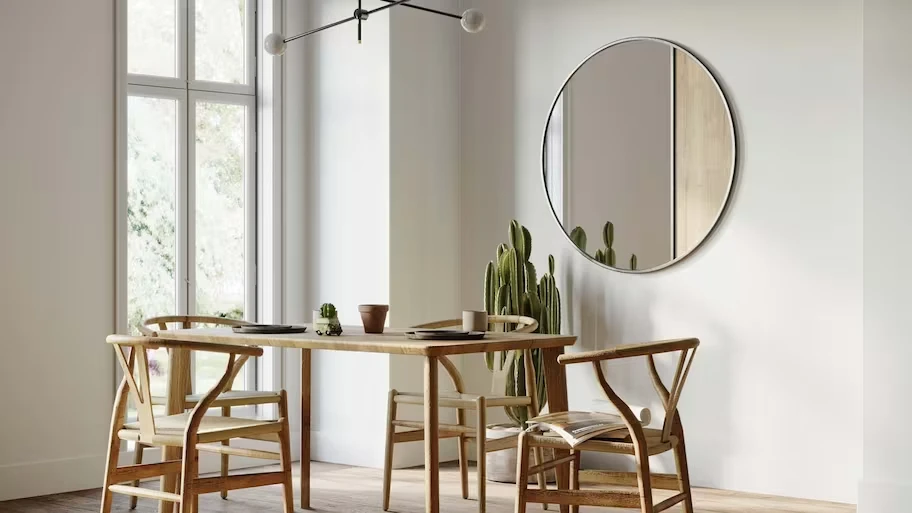Drywall: Do You Need It?
Drywall is a staple in most homes and offices, providing a clean, smooth surface for walls and ceilings. However, it’s not necessary for every space. Drywall is typically used in indoor environments and may not be suitable for areas with high moisture or heavy impact. Before installing drywall, it’s essential to assess your needs and consider whether alternative materials might be more appropriate. While drywall is versatile and cost-effective, it should be chosen based on the specific requirements of your space.
What Does It Cost?
The cost of drywall installation varies depending on the size of the area and the type of drywall you choose. DIY options are generally more affordable, particularly for small projects that can be completed with basic tools. On the other hand, professional installation might be necessary for larger or more complex jobs, especially when dealing with custom designs or challenging spaces. Additionally, consider the ongoing maintenance costs, especially if repairs or touch-ups are needed over time.
Drywall Types and Features: Standard vs. Specialty
When choosing drywall, the first decision is between standard and specialty options. Standard drywall is the most common and is typically used for general interior walls. Specialty drywall, such as moisture-resistant or fire-rated types, offers additional features for specific needs but comes at a higher cost. Understanding the differences will help you select the right type for your project.
Taping vs. Skimming
For a smooth finish, you can choose between taping and skimming your drywall joints. Taping involves applying joint tape and compound to create seamless connections between panels. Skimming is a more extensive process where a thin layer of joint compound is applied over the entire surface, resulting in an ultra-smooth finish ideal for high-end applications.
Who to Hire
If you're planning a drywall installation, particularly for large or complex projects, hiring a professional is often the best choice. For smaller, straightforward installations, a DIY approach might suffice, but for custom designs or large spaces, professional expertise ensures a flawless finish. It's wise to get estimates from at least three contractors and ensure that your contract clearly outlines the scope of work, timeline, and any other relevant details.
FAQs
What are the benefits of installing drywall?
Drywall provides a smooth, versatile surface for walls and ceilings, offering sound insulation, fire resistance, and a clean, finished look. It is a durable material that can be easily painted or wallpapered, making it adaptable to various interior designs. Additionally, drywall is cost-effective and relatively simple to install, making it a popular choice for both residential and commercial projects.
How much does it cost to install drywall?
Costs vary depending on the project size and drywall type, ranging from affordable DIY options to more expensive professional installations. Factors such as the complexity of the project, the type of drywall used, and regional labor rates can also influence the overall cost. It’s important to budget for additional expenses such as joint compound, tape, and finishing materials to ensure a high-quality result.
Should I choose standard or specialty drywall?
Choose standard drywall for general use, or opt for specialty drywall if you need moisture resistance, fire rating, or additional features. Specialty drywall, like green board or fire-resistant panels, offers added protection in areas prone to moisture or where fire safety is a concern. While specialty drywall may come at a higher price, its benefits in specific environments can outweigh the initial cost, providing long-term durability and safety.
How much maintenance does drywall require?
Drywall needs occasional repairs for dents or holes, and regular upkeep like painting or touch-ups to maintain its appearance. Small cracks or damages can be easily patched with joint compound, while more extensive damage may require replacing a section of the drywall. Regular inspections and prompt repairs can prevent minor issues from escalating, ensuring that your walls remain in good condition over time.







